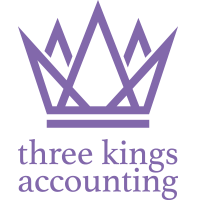Under the self assessment regime an individual is responsible for ensuring that their tax liability is calculated and any tax owing is paid on time.
Payment of tax
The UK income tax system requires the payer of certain sources of income to deduct tax at source which removes the need for many taxpayers to submit a tax return or make additional payments. This applies in particular to employment income. Interest is now received gross of tax but the savings allowance removes most taxpayers from the need to pay tax on such income. However, deduction of tax at source is not possible for the self employed or if someone has substantial investment income. As a result we have a payment regime in which the payments will usually be made in instalments.
The instalments consist of two payments on account of equal amounts:
- the first on 31 January during the tax year and
- the second on 31 July following.
These are set by reference to the previous year’s net income tax liability (and Class 4 NIC if any).
A final payment (or repayment) is due on 31 January following the tax year.
In calculating the level of instalments any tax attributable to capital gains is ignored. All capital gains tax is paid as part of the final payment due on 31 January following the end of the tax year.
A statement of account similar to a credit card statement is sent to the taxpayer periodically which summarises the payments required and the payments made.
Example
Sally’s income tax liability for 2023/24 (after tax deducted at source) is £8,000. Her liability for 2024/25 is £10,500. Payments will be:
| £ | |
| 31.1.2025 First instalment (50% of 2023/24 liability) | 4,000 |
| 31.7.2025 Second instalment (50% of 2023/24 liability) | 4,000 |
| 31.1.2026 Final payment (2023/24 liability less sums already paid) | 2,500 _____ |
| £10,500 |
There will also be a payment on 31 January 2026 of £5,250, the first instalment of the 2025/26 tax year (50% of the 2024/25 liability).
Late payment penalties and interest
Using the late payment penalties HMRC may charge the following penalties if tax is paid late:
- A 5% penalty if the tax due on the 31 January is not paid within 30 days (the ‘penalty date’ is the day following).
- A further 5% penalty if the tax due on 31 January is not paid within five months after the penalty date.
- Additionally, there will be a third 5% penalty if the tax due on 31 January is not paid within 11 months after the penalty date.
These penalties are additional to the interest that is charged on all outstanding amounts, including unpaid penalties, until payment is received.
Nil payments on account
In certain circumstances the two payments on account will be set at nil. This applies if either:
- income tax (and NIC) liability for the preceding year – net of tax deducted at source and tax credit on dividends – is less than £1,000 in total or
- more than 80% of the income tax (and NIC) liability for the preceding year was met by deduction of tax at source and from tax credits on dividends.
Claim to reduce payments on account
If it is anticipated that the current year’s tax liability will be lower than the previous year’s, a claim can be made to reduce the payments on account.
How can we help
We can prepare your tax return on your behalf and advise on the appropriate payments on account to make.
We can advise you whether a claim to reduce payments on account should be made and to what amount. Please do contact us for help.


